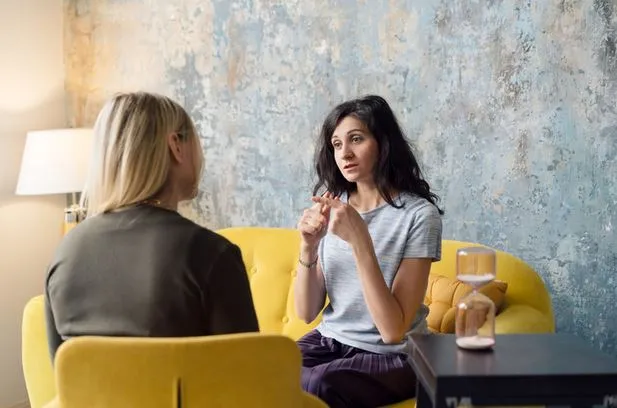ByOnlinecourses55

The different perspectives within a discussion - life coaching
The perspectives we have in a confrontation are usually influenced by different emotional elements that intercede in our way of perceiving the facts, which is why each party involved in a discussion usually strongly defends its criteria, making it difficult to reach a middle ground where both are satisfied. It is normal to feel that we are right and believe that the only valid points are ours. The longer we remain defending an argument, the more complex it is to modify our thinking and try to enter into our counterpart's point of view.
In the process of developing this guide, we discussed some of the most important essential fundamentals around the different perspectives within a discussion and the need to practice empathy as a useful tool when confronting positions.
When we argue, we do so to provide elements that support our arguments. Taking these elements as an attack on the person is a very common mistake among those who do not have a culture of debate. With the arguments we try to demolish the bases that support the arguments of our opponent, it is not about focusing on the personal elements of this or seek to hurt their emotions.
If you take their explanations as offenses or attempts to demean you, it is very unlikely that you will be receptive enough to accept that you are wrong or to modify some of the points you are defending.
If a mistake is brought to your attention during a discussion and you are able to acknowledge it, you show that by acknowledging it honestly, this will significantly shorten the outcome of the debate. Contrary to what many believe, acknowledging a mistake is a sign of courage that will be admired by your counterpart. It is very likely that once you accept that you have made a mistake in one of the points you were defending, your opponent will also recognize errors in his behavior or arguments. This happens for two fundamental reasons.
The first key is empathy, which drives us to understand the state of mind of the person interacting with us, and the second is that it is generally very difficult to find a discussion where one of the parties is one hundred percent right and the other is completely wrong.
When a debate arises with someone else, it is relevant to remember the importance of applying empathy as a mechanism to avoid doing or saying things that you may later regret. Empathy is the ability to put ourselves in another person's shoes in order to perceive facts and feel the same way they do. Thanks to empathy, we know when we are hurting someone, what comment was inappropriate, and whether we are behaving appropriately.
In your discussions with others, act the way you would like them to behave with you and you will be much more likely to be able to have respectful and polite communication. Don't do to your opponent what you would not want done to you. If you feel that a comment of yours has been inappropriate, don't hesitate to apologize and make amends. Remember that the culture of debate is based on argument, not personal attacks.